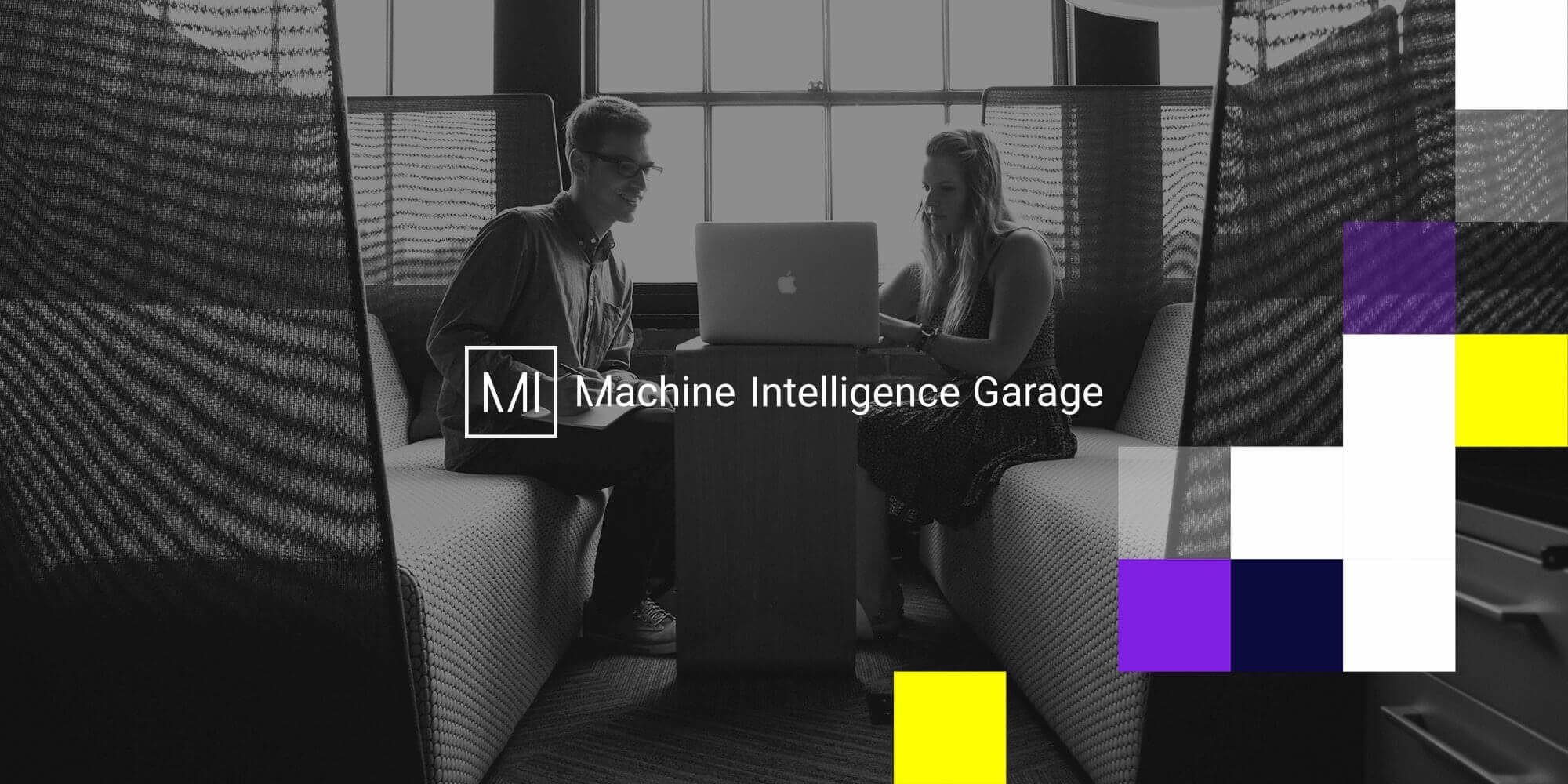Who’s looking after the little guys?
Posted 26 Apr 2018
The AI sector deal is out, published today, and the UK Government has outlined a country-wide roadmap of activities, investment and policy interventions to develop the sector. This plan will benefit government, industry, academia and various tech and innovation organisations. For Digital Catapult, it is exciting to be named as the driving force behind the early adoption of AI. We are helping to bridge the gap between industry and agile, small innovative AI startups and scaleups. We have launched a programme of support for AI and machine learning startups to develop from their initial starting point, help them to overcome common technical barriers and scale up.
While new AI companies are springing up across the country at a rapid rate, there are still major barriers in the way of their success. It is increasingly hard for AI entrepreneurs to get from the starting point of having an idea, a good business plan and data model, to being a fully fledged company employing AI to solve a real world problem. One of the biggest barriers is the access to adequate computational power. The basic stages of training an AI can be done on a home computer, but when things start to take off, cloud compute and GPU hardware is where we need to start looking. But these resources aren’t cheap, especially when in comes to testing a company’s AI models and move beyond a training dataset to a fully developed product, utilising real world data.
The journey from an AI model to a product
At Digital Catapult, we work with companies large and small to enable them to develop AI-driven products and services or to adopt data-driven methods in their businesses. We see that ‘productising’, or deploying, AI at scale can have very different challenges to those faced at the research and development stage, and that these are exacerbated by the frantic rate of technological progress in the space.
AI startups are often founded by individuals with the expertise to readily build a proof of concept (if they can overcome the challenge of access to requisite data and computational resources). However, not all companies have the tools, techniques and services needed for continuous development of their product, service or application. This means deployment into a real world setting and monitoring of its performance, security etc. needs some guided support. While it is interesting and exciting to solve problems, this can take up a disproportionate amount of time. Startups would rather not ‘reinvent the wheel’ if the solution already exists.
At the other end of the scale, larger companies typically want to integrate AI into existing workflows or products, and the challenge of integration is far removed from anything to do with fundamental AI algorithms.
There are however other challenges that are separate from the core AI, but are still essential to building a viable AI business. Such as how to ensure compliance with existing regulation and moreover to live up to the ‘Ethical by Design’ ideal. We don’t work with companies that wish to do irresponsible things with AI (and we’ve never actually met an entrepreneur with that in mind) – but we are supporting companies with the ethical implementation of AI in practice.
These are the types of challenges that we want to help with. Our Machine Intelligence Garage already addresses three areas:
- Access to computational resources and expertise
- An experimentation space to work with new hardware and infrastructure products and services
- The Machine Intelligence Garage ethics committee which will focus on implementing responsible AI in practice
Our programme offers startups the opportunity to access specialised compute resources, from GPUs and HPC centre access, through to cloud computing vouchers. This is paired with our technical expertise and experimentation opportunities through workshops and meetups with our partners. We uniquely tailor the support we provide companies, interacting with some of the UK’s most exciting new innovations in AI.
So far we are working with 10 AI/ML startups who are providing unique approaches to problems from a diverse range of sectors. These include companies using; computer vision for autonomous vehicle operation systems, image classification for melanoma diagnostics, human computer interfaces for bionic prosthetics and integration of IoT sensor data in a manufacturing environment. There are many other examples of exciting technologies which we will be showcasing in the near future, as our companies start to graduate from the programme.
The Machine Intelligence Garage has great partners providing the resources for our programme, many of whom are household names, such as NVidia, Google Cloud Platform and Amazon Web Services. But we also have partners who are more in the experimental sphere, such as SpiNNaker, who are developing Neuromorphic chip sets which mimic the computational capacity of the human brain.
We sit at the interface between government, academia and industry. We are proud to connect and support the growth of the sector by ensuring barriers to innovation are removed, especially for the little guys.
This blog was first published by Tech UK on 26 April 2018